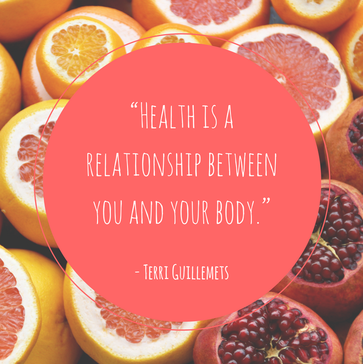|
Next time you sit down for a meal, try taking these steps before, during and after you dig in:
Paying more attention to how, what, when and why we eat can help us better understand our relationship with food. In the long run, this understanding produces better results than any trendy diet or calorie counting. To learn more and to explore more resources, visit these sites: The Center for Mindful Eating BASICS of Mindful Eating Cycle of Mindful Eating Mindful Eating - Harvard Health
1 Comment
|
Pinnacle Prevention BlogFollow our blog for tips, insights and conversations about healthy living. Archives
June 2024
Categories
All
|
Location |
|


